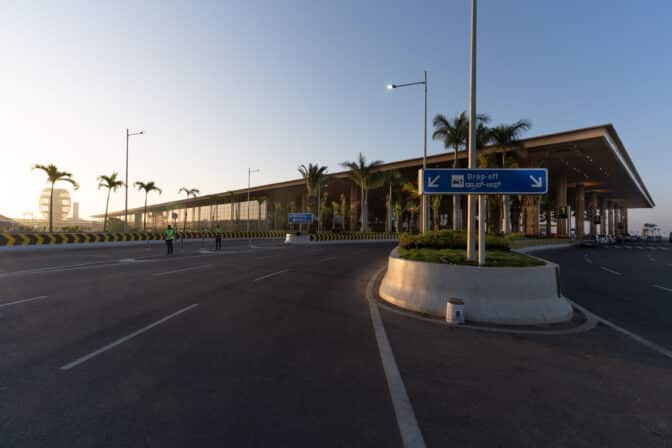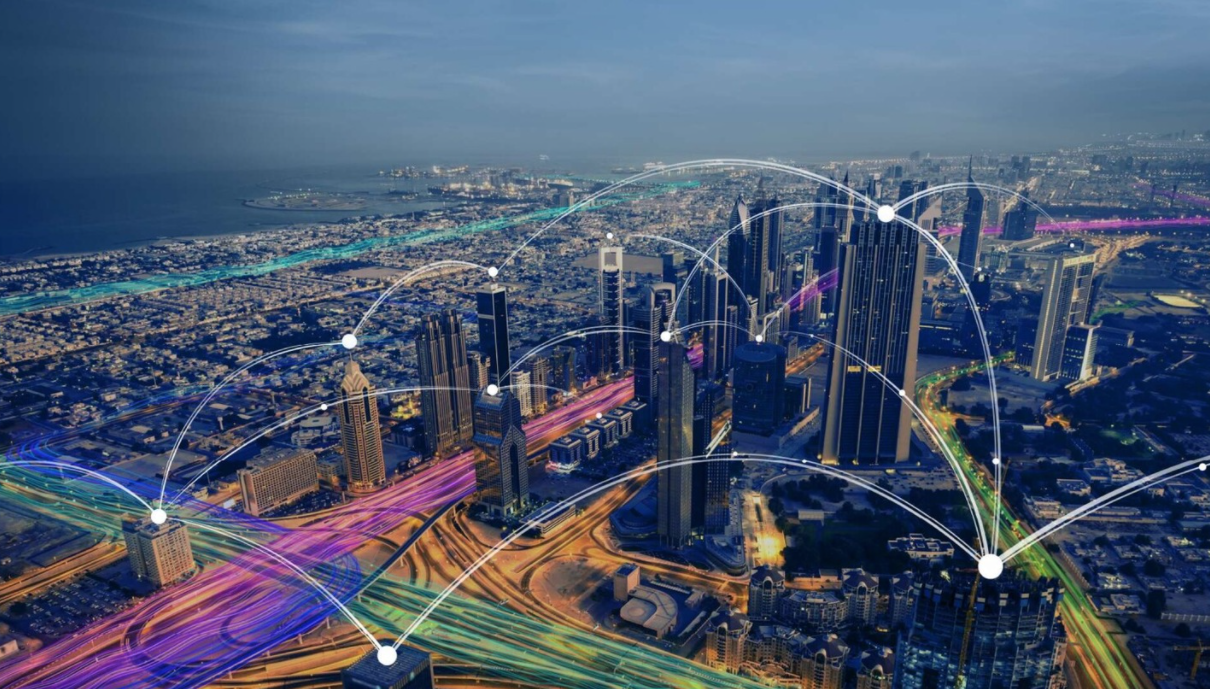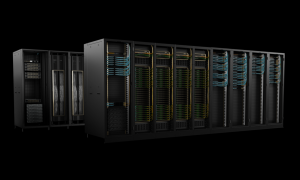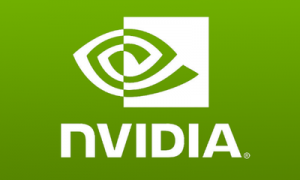

Each year, nearly 32 million people travel through the Bengaluru Airport, or BLR, one of the busiest airports in the world’s most populous nation.
To provide such multitudes with a safer, quicker experience, the airport in the city formerly known as Bangalore is tapping vision AI technologies powered by Industry.AI.
A member of the NVIDIA Metropolis vision AI partner ecosystem, Industry.AI has deployed its vision AI platform across BLR’s newest terminal, T2, known as the Garden Terminal for its green spaces, indoor gardens and waterfalls. It’s one of the first deployments of intelligent video analytics at scale in an Indian airport.
Industry.AI increases the safety and efficiency of the terminal’s operations by using vision AI and object detection to track abandoned baggage, flag long passenger queues and alert security teams of potential issues, among other use cases.
By identifying congestion points and anticipating delays with vision AI, staff can proactively redirect passengers to less crowded areas or provide signals to open additional checkpoints, reducing wait times and enhancing passenger experiences.
“Deploying vision AI at this scale is a first for us,” said George Fanthome, chief information officer at BLR’s parent company. “By adopting such advanced deep learning technologies, we strive to be one of the best airports in the world and provide our customers the best experience.”
Smarter, Safer Airport Operations
The Industry.AI platform connects more than 500 live camera feeds across the BLR terminal to vision AI technologies that can accomplish nearly a dozen tasks in real time.
For one, the platform can detect when luggage or a purse is left unattended.
It also helps to manage passenger queues at terminal entries, check-in counters, security check lanes and other areas. Airport staff can be trained to proactively perform tasks based on historical data of passenger movement collected by the AI platform.
“Our platform speeds up passenger flow during peak hours of operation by alerting airport staff about longer-than-optimal lines,” said Tejpreet Chopra, CEO of Industry.AI. “This is done through a dashboard with a real-time visual and sensor feed that allows the airport staff to respond to the situation in the shortest possible time.”
Unauthorized people and vehicles in the airport can also be tracked and alerted to the platform’s users in real time for enhanced security. In addition, Industry.AI detects speed violations made by vehicles outside the terminal, helping to manage safe transportation around the travel hub.

Industry.AI uses the NVIDIA TAO Toolkit and A100 Tensor Core GPUs to train its AI models. For AI inference, the company taps NVIDIA Triton Inference Server and A30 Tensor Core GPUs.
And with the NVIDIA DeepStream software development kit for AI-powered video analytics, along with technical expertise from NVIDIA — a benefit of being a member of the NVIDIA Inception program for cutting-edge startups — Industry.AI built and deployed the BLR solution in just three months.
“NVIDIA Metropolis enabled us to develop our vision AI applications more cost-effectively and bring them to market faster,” Chopra said.
Looking forward, Industry.AI plans to deploy NVIDIA-powered accelerated computing and vision AI technologies across BLR’s other terminals and at additional airports, too.
“BLR’s focus on adopting advanced AI technologies sets a new benchmark for passenger experience at airports,” Chopra said.















